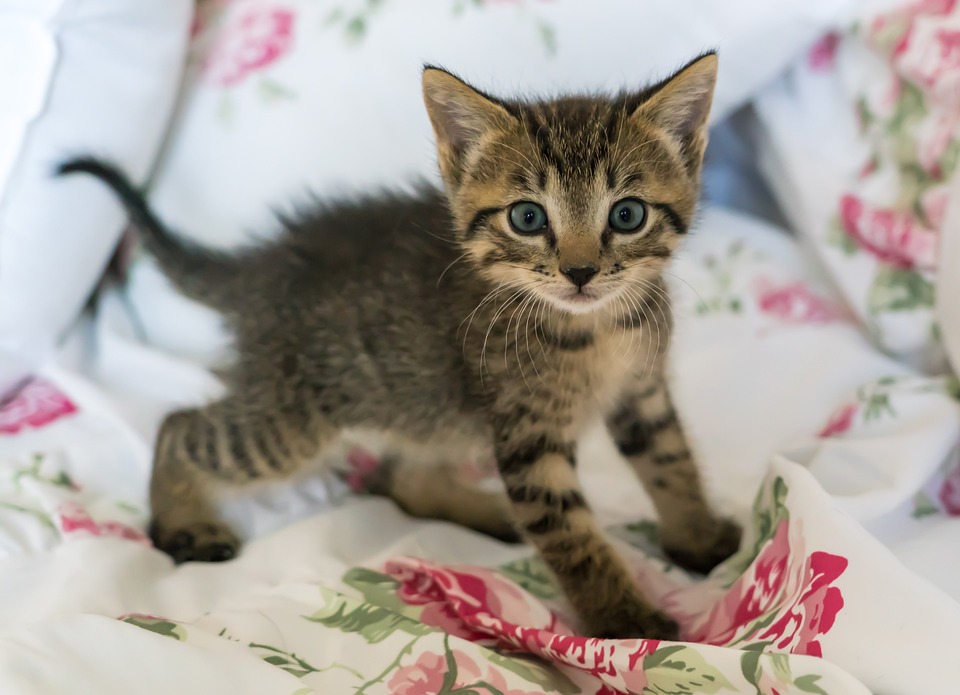Coping with Common Joint Issues in Senior Cats
As our feline friends age, they may experience certain health issues, including joint problems. Just like humans, senior cats can develop arthritis, which can cause pain, discomfort, and a decrease in mobility. However, there are several ways to help your senior cat cope with joint issues and provide them with a comfortable and pain-free life. In this article, we will explore some of the common joint issues in senior cats and offer tips on how to manage them effectively.
Understanding Joint Issues in Senior Cats
1. Arthritis in Cats: Arthritis occurs when the protective cartilage within a joint starts to wear down, leading to inflammation and pain. In senior cats, arthritis is a prevalent joint issue, affecting their quality of life and overall mobility.
2. Other Joint Issues: Apart from arthritis, senior cats may also develop other joint problems such as hip dysplasia, osteoporosis, or joint injuries. These conditions can cause similar symptoms and require appropriate management to ensure your cat’s well-being.
Recognizing the Signs of Joint Issues
1. Reduced Mobility: Notice if your senior cat struggles to climb stairs, jump onto furniture, or move around as easily as before. Reluctance to engage in physical activities can be a sign of joint issues.
2. Limping or Favoring a Leg: Observe if your cat is limping or holding a leg up while walking. This behavior indicates discomfort or pain in the affected joint.
3. Stiffness or Difficulty in Getting Up: If your senior cat has difficulty rising from a sitting or lying position, it might be due to joint problems. Watch for signs of stiffness or reluctance to move.
4. Changes in Grooming Habits: Cats with joint issues often find it challenging to groom themselves properly, especially in hard-to-reach areas like their back or tail. Look for a decrease in grooming or a matted coat.
Managing Joint Issues in Senior Cats
1. Consult Your Veterinarian: If you suspect your senior cat is experiencing joint issues, it’s crucial to consult your veterinarian. They can provide an accurate diagnosis, recommend suitable treatment options, and suggest lifestyle modifications.
2. Pain Management: Your veterinarian may prescribe pain relievers or anti-inflammatory medications to alleviate your cat’s joint pain. Ensure you administer the prescribed dosage as instructed.
3. Weight Management: Maintaining a healthy weight is vital for cats with joint issues. Excess weight puts additional strain on their joints, worsening the pain. Consult your veterinarian for a suitable diet plan and portion control.
4. Provide Comfortable Surfaces: Place soft bedding or orthopedic cat beds in areas where your senior cat rests or sleeps. These surfaces offer better support and cushioning for their joints.
5. Promote Gentle Exercise: Engage your senior cat in low-impact exercises to help keep their joints mobile. Encourage playtime with interactive toys or use puzzle feeders to stimulate their mind and body.
Joint Issues in Senior Cats: FAQs
Q1: Can joint issues in senior cats be prevented?
A1: While joint issues cannot always be prevented, maintaining a healthy weight, providing a balanced diet, and ensuring regular exercise can reduce the risk.
Q2: Should I give my senior cat joint supplements?
A2: Joint supplements containing glucosamine or omega-3 fatty acids may help improve joint health. However, always consult your veterinarian before starting any supplements.
Q3: Are there any home remedies for relieving joint pain in cats?
A3: While there are no proven home remedies, applying a warm compress to your cat’s joints or providing them with a heated bed may offer temporary relief. However, it’s essential to consult your veterinarian for appropriate pain management.
Q4: Can physical therapy benefit senior cats with joint issues?
A4: Yes, physical therapy techniques like gentle stretching and massage can help improve joint mobility and reduce pain in senior cats. Consult a veterinary professional experienced in feline physical therapy for guidance.
Remember, providing a comfortable and supportive environment, along with proper veterinary care, can significantly enhance your senior cat’s quality of life. By understanding and managing their joint issues, you can ensure they enjoy their golden years to the fullest.








